University of Oxford | Engineering Science Department - Outreach and Access
Getting Into Engineering
Activities led by our Outreach Team for students, parents and teachers
"As a high school student, engineering was not on my radar at all. As no one in my family is an engineer, and there were no engineering classes in my high school, I had no idea what it really was."
Female Engineering Science DPhil candidate
We understand that many people find getting into engineering to be difficult as they feel like they do not have any direct experience with the subject. However, you are likely to find that you have a lot more experience then you realise through your time at school and your everyday life. If you’ve ever built anything with Lego or made a model car or boat, then you have already started to think like an engineer! To find out more about engineering and for some ideas of activities to try at home, we have put together a list of free online resources to explore.
Find out more about exploring engineering online.
Our Outreach Activities
The Department of Engineering Science is committed to encouraging people to study engineering, and to attracting talented undergraduate applicants who reflect the diversity of the UK population. We have a dynamic and successful Outreach programme, led by our Access & Alumni Officer, designed to explain what engineering is and to encourage more students to study engineering, particularly at Oxford. We form and maintain active external links with schools, University colleges and industry to further these aims.
If you'd like to stay up to date on all the current outreach and related activity from the Department of Engineering Science, sign up to our outreach mailing list.
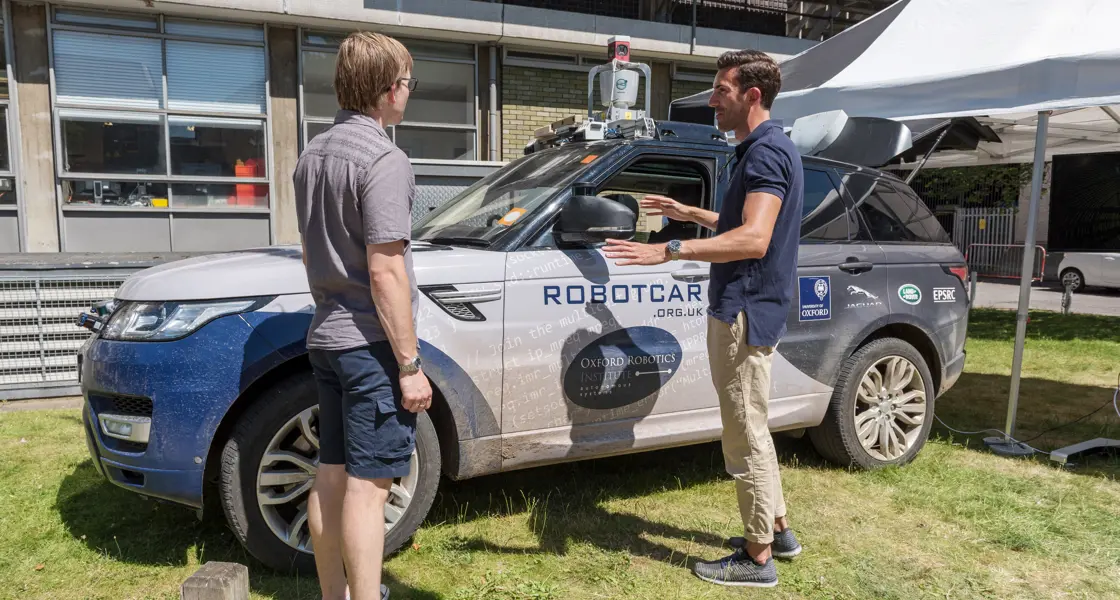
What is an Engineer?
Engineers are professional problem solvers. They are creative, work well in teams, and are good at maths and physics.
People with engineering degrees can work in many different fields, including civil, biomedical, chemical, environmental, electrical, and mechanical engineering. Some people with engineering degrees also go into medicine, law, business, management, and just about any other career you can think of.
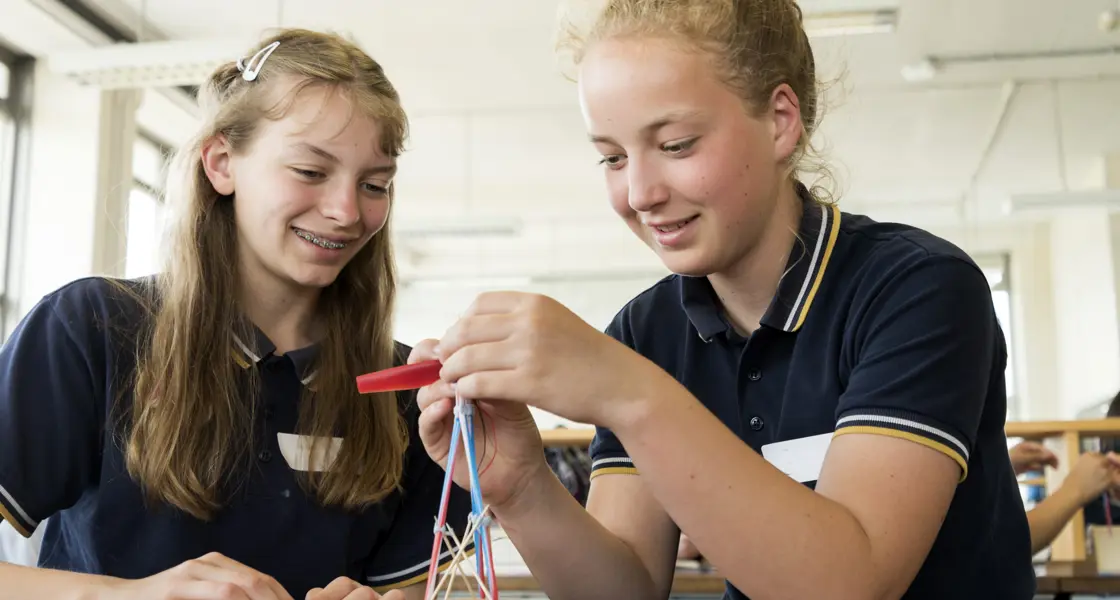
Visit us
Throughout the year, we run events for young people, including Open Days, the Lubbock Lecture in May and activities around International Women In Engineering Day in June.
If you’re thinking of studying here, then try to come along to one of our Open Days. It’s your chance to find out what it’s actually like to study Engineering at Oxford, meet current students and academics and explore some of the equipment and machinery we’ve got in our labs.
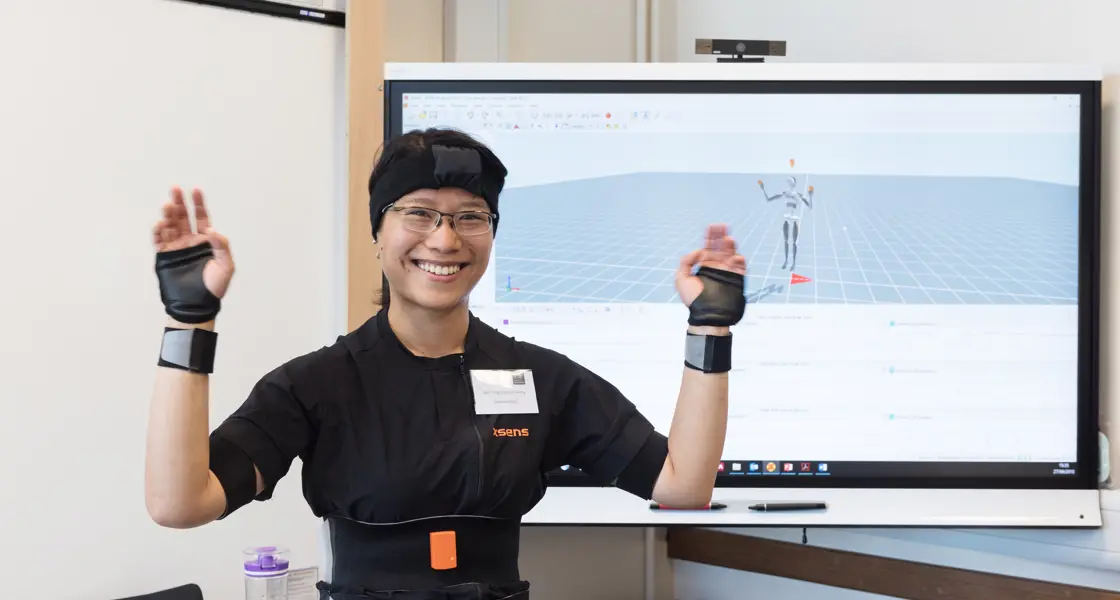
Meet the Engineers
We believe that a diverse community in which all feel comfortable and empowered to engage, results in better dialogue, better scholarship, and better outcomes for all.
We aim to provide a supportive and inspiring environment for people to work and study at the Department, by valuing our diverse workforce and promoting equality.
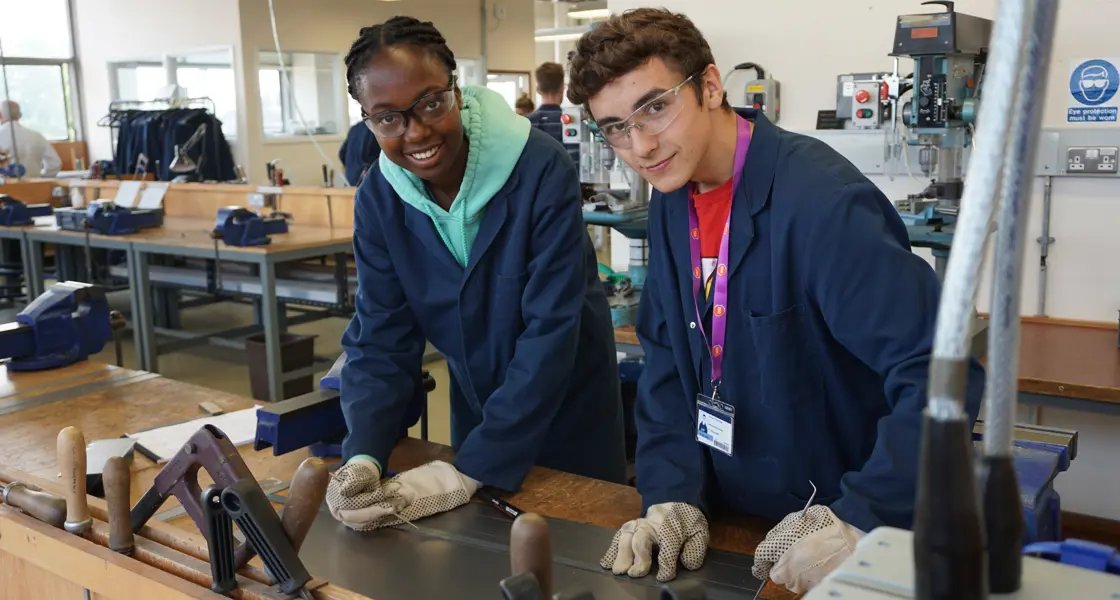
Experience Oxford for yourself!
Each year we welcome young adults as part of the UNIQ and Uncover programmes.
The UNIQ Summer School aims to replicate the Oxford undergraduate experience - participants live in college, attend lectures and seminars and get expert advice on applying.
Uncover Engineering is a free residential course that will show girls what it’s like to be an engineer. They will take part in hands-on workshops across a range of engineering disciplines.

One-year programme for UK state school students
The University of Oxford’s Astrophoria Foundation Year is a one-year programme for UK state school students with significant academic potential who have experienced severe personal disadvantage or disrupted education which has resulted in them being unable to meet the academic entry requirements for an Oxford undergraduate degree programme.
The programme is fully funded. Tuition and accommodation fees are covered by the University and students receive a non-repayable bursary for their living costs. Students who pass their foundation year course at the required level can progress onto undergraduate study at Oxford without the need to reapply.
Engineering is a participating subject in the Astrophoria Foundation Year, and you can find out more on the Astrophoria Foundation Year website.
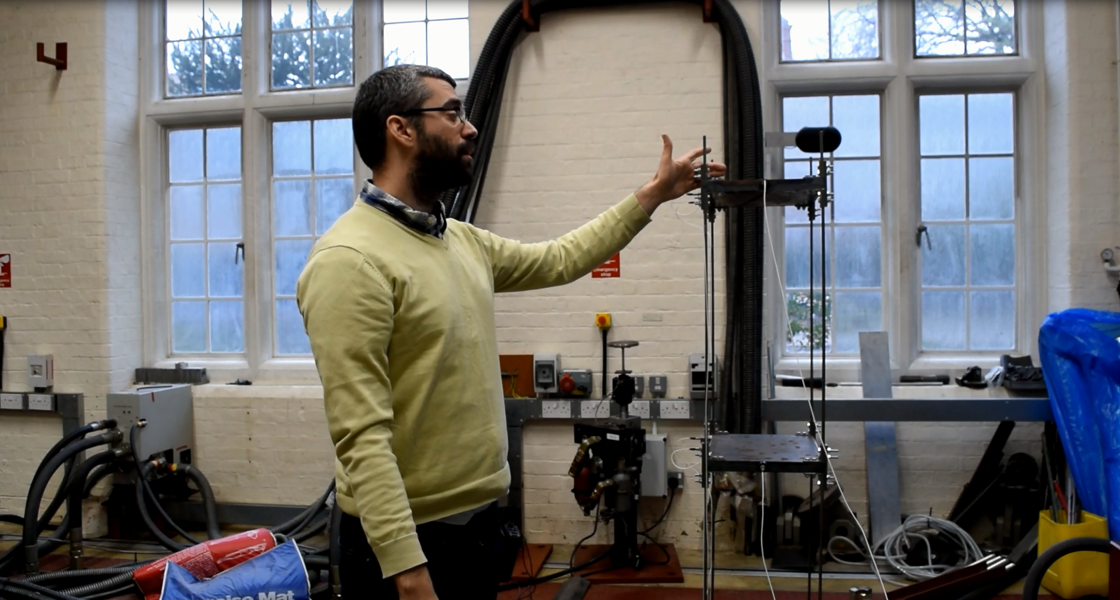
The Home of Big Questions
Oxplore is Oxford's digital outreach portal for ages 11-18. It uses quizzes, short articles, podcasts and videos to introduce debates and ideas that go beyond what’s covered in the classroom.
If you’re interested in engineering, check out their recent Big Question “Could you survive a natural disaster?”, which looks at the challenges of understanding and building around natural disasters like earthquakes, volcanoes, floods and wildfires – look out for Engineering Science’s Professor Manolis Chatzis, who discusses his work as an earthquake engineer and explains why building for earthquakes is like designing a modern car!

The University and colleges are doing more than ever to increase the number of promising postgraduate students from under-represented groups at Oxford.
UNIQ+ is a flagship graduate access programme aimed at talented undergraduates who would find continuing into postgraduate study a challenge for reasons other than their academic ability.
Academic Futures is a series of scholarship programmes that will address under-representation and help improve equality, diversity and inclusion in our graduate student body.



